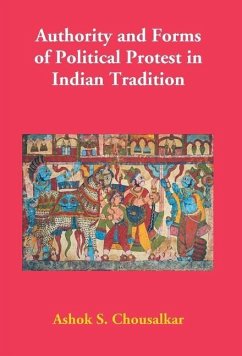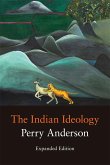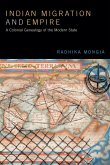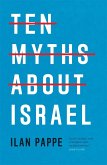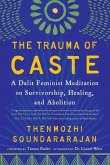In ancient India, there was a close link between the nature of political authority and forms of political protest. Authority of the king was legitimized through the Vedic rituals such as consecration ceremony. Second method of legitimization was based on the consent of the people which was secured through social contract theory of origin of kingship. Indian thinkers argued that the king who did not follow the principle of Dharma would suffer loss of authority. In ancient India, the people followed various methods of protest to bring about change in the unjust policies of the government. If the king did not change his behavior after the protest, the people tried to overthrow the government. They used both nonviolent and violent methods. They offered dharna, demonstrations, fasting, jumping in fire to register protest, non-payment of taxes, assassinations of the tyrants and mass lynching of wicked despots. Freedom fighters in modern India followed some of these forms of protest to fight against foreign rule. It is for the first time that the forms of protest are described and critically analyzed in a book.
Hinweis: Dieser Artikel kann nur an eine deutsche Lieferadresse ausgeliefert werden.
Hinweis: Dieser Artikel kann nur an eine deutsche Lieferadresse ausgeliefert werden.

